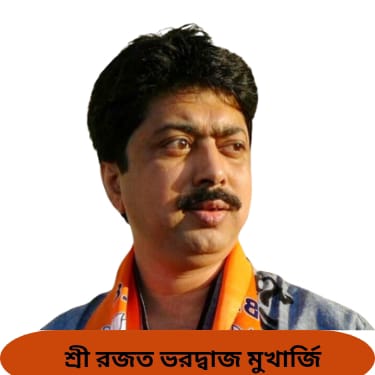Own representative: Concerns have been expressed about the safety of minority communities, especially Hindus, following the sudden political changes. In an exclusive interview with the daily Swadesh Bichitra, Mukherjee addressed Bangladesh’s growing curiosity about India’s position, wondering how such an unstable environment could exist in an independent country. He noted the surge in engagement on his social media from deeply concerned Bangladeshi citizens. He stressed India’s historic ties with the Awami League, especially since the Liberation War, and acknowledged Delhi’s disappointment at the party’s downfall. However, he made it clear that India is committed to a strong bilateral relationship with the people of Bangladesh, not just with any one political party.
Mukherjee could not welcome the emergence of Nobel laureate Dr. Muhammad Yunus as Bangladesh’s new leader and expressed India’s willingness to continue cooperation only out of consideration for the people of Bangladesh. Because the current economic situation in Bangladesh is in dire straits.
Addressing the anti-India rhetoric of some groups within the new regime – especially the “Seven Sisters” states in the northeast – he noted the new government’s inexperience and called for mature diplomacy, advising patience. Referring to the plight of minorities, Mukherjee said, “In times of political unrest, minority communities, especially Hindus, are often victims of instability.” He acknowledged the vulnerability of these groups in the current uncertainty but was optimistic that the new government would restore order and protect all citizens. He added, “We believe that Bangladesh will remain true to the spirit of its liberation war.”


